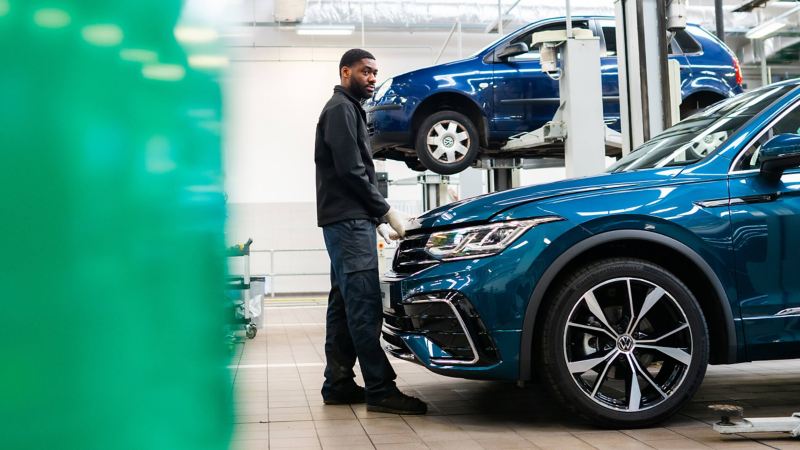Volkswagen vehicles are known for their quality, engineering, and performance. However, like any other brand, Volkswagens require regular maintenance to ensure they continue running smoothly and reliably. Over time, several myths about Volkswagen maintenance have emerged, leading to misconceptions that can affect how owners care for their vehicles. These myths can result in unnecessary expenses, neglected maintenance tasks, and potential mechanical issues.
In this article, we will debunk ten common myths about Volkswagen maintenance that owners believe. From misunderstandings about oil changes and the durability of parts to misconceptions about dealership services and maintenance intervals, these myths can lead to improper vehicle care and reduced performance. By addressing these myths and providing accurate information, Volkswagen owners can ensure their vehicles receive the proper maintenance they need to stay in optimal condition.
Each myth will be examined in detail, offering practical advice and tips to help Volkswagen owners make informed decisions about their vehicle maintenance. Whether you are a new Volkswagen owner or have been driving one for years, this guide will help you separate fact from fiction and keep your vehicle running at its best. Let’s discover these common myths and uncover the truth about Volkswagen maintenance.
1. Volkswagens Can Only Be Serviced at the Dealership
One of the most persistent myths about Volkswagen maintenance is that these vehicles can only be properly serviced at official VW dealerships. This misconception has led many owners to pay premium prices for routine maintenance, believing they have no other options for maintaining their warranty coverage or ensuring proper service.
In reality, the Magnuson-Moss Warranty Act protects consumers’ right to have their vehicles serviced at independent shops without voiding their warranty. The key requirement is that the service must be performed according to VW’s specifications and properly documented. Many independent mechanics have the necessary training and diagnostic equipment to work on modern Volkswagens, often at more competitive prices than dealerships.
However, this doesn’t mean any repair shop is suitable. The myth has persisted partly because Volkswagens do require specific expertise and tools, especially for complex electronic systems and diagnostics. The truth lies in finding qualified independent specialists who understand VW’s engineering philosophy and have invested in the proper diagnostic equipment. These shops can provide dealer-quality service while often offering more personalized attention and better value.
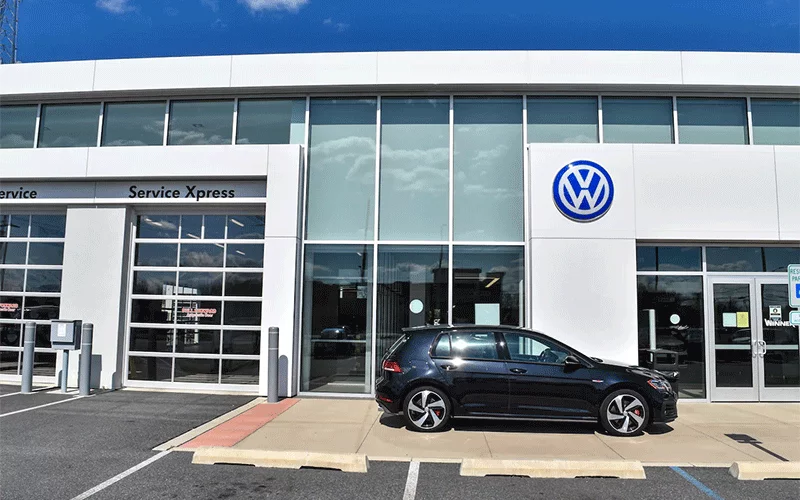
It’s crucial for VW owners to ensure that any independent shop they choose has the necessary qualifications and equipment to service their vehicle. Checking for certifications, reading reviews, and asking about the shop’s experience with Volkswagen vehicles can help ensure that the service provided will be up to standard.
Maintaining detailed service records is also essential for preserving warranty coverage. Whether the maintenance is performed at a dealership or an independent shop, keeping thorough documentation of all services and repairs ensures that any warranty claims can be supported with proper evidence.
In, the myth that Volkswagens can only be serviced at the dealership can lead to higher maintenance costs and limited service options. By choosing qualified independent repair shops and maintaining detailed service records, Volkswagen owners can enjoy cost-effective maintenance while preserving their warranty coverage.
2. VWs Require Premium Fuel for All Models
A common misconception among Volkswagen owners is that all VW models require premium fuel for optimal performance. This myth likely originated from the fact that some high-performance VW models, like the GTI and R variants, do recommend premium fuel.
The reality is that most Volkswagen models are designed to run perfectly well on regular unleaded fuel. The owner’s manual specifies the minimum octane requirement for each model, and using higher octane fuel than recommended provides no benefit in terms of performance or engine protection. Spending extra money on premium fuel for a vehicle designed for regular gas is simply wasting money.
Modern VW engines are equipped with sophisticated knock sensors and engine management systems that can adjust timing and performance based on fuel octane. While some performance models benefit from premium fuel due to higher compression ratios and boost pressures, standard models like the Jetta, Tiguan, and Atlas are optimized for regular unleaded fuel.
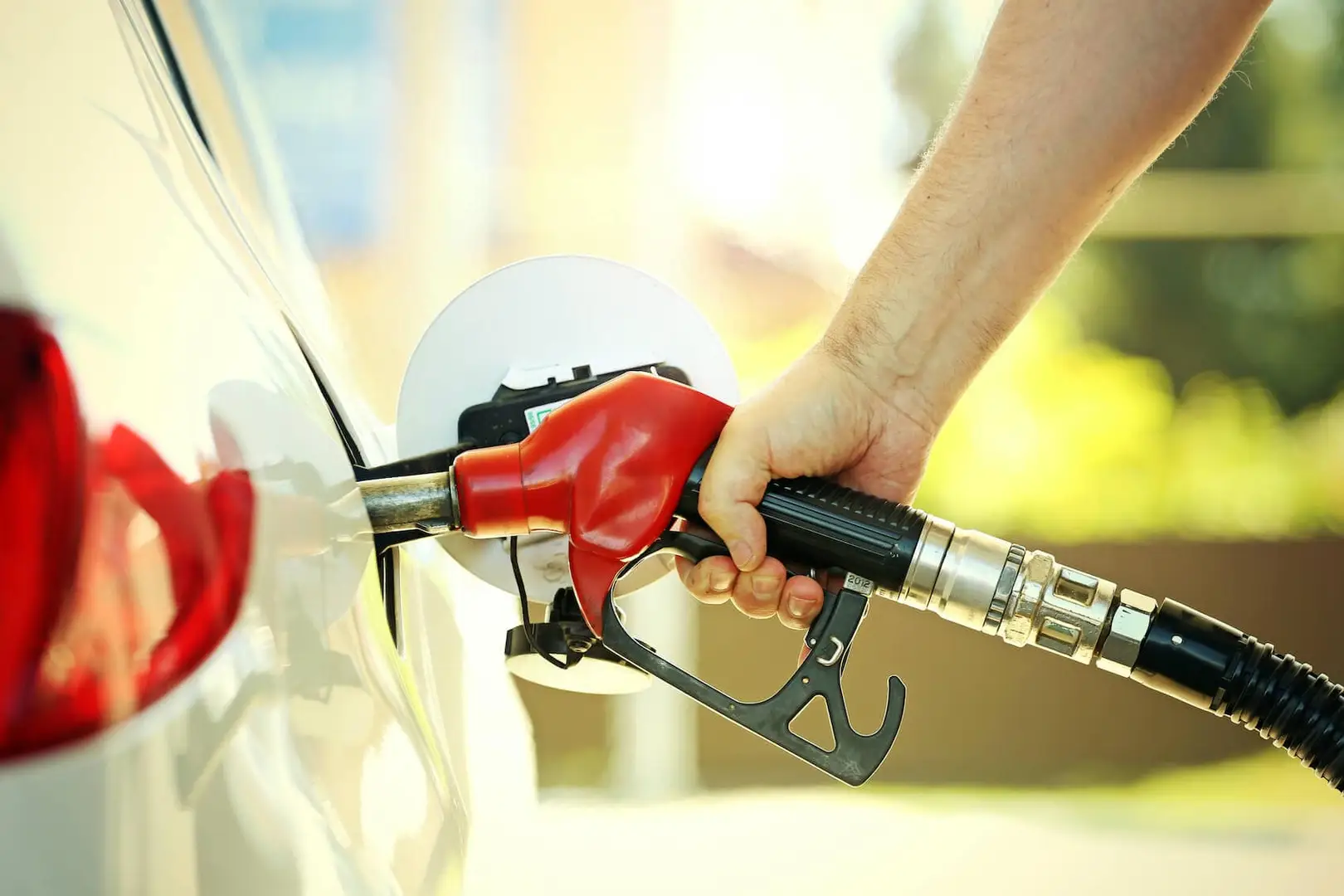
It is essential for VW owners to consult their owner’s manual to determine the appropriate fuel type for their specific model. Following the manufacturer’s recommendations ensures that the vehicle operates efficiently and maintains optimal performance.
Using the incorrect fuel type can lead to issues such as reduced fuel efficiency and potential engine knocking. However, adhering to the recommended fuel type provides the best balance of performance and cost-effectiveness.
The myth that all VWs require premium fuel can lead to unnecessary expenses without any added benefits. By following the fuel recommendations specified in the owner’s manual, Volkswagen owners can ensure their vehicles run smoothly and efficiently.
3. Synthetic Oil Changes Are Optional
Many Volkswagen owners believe that synthetic oil is merely an expensive option and that conventional oil is perfectly adequate for their vehicles. This myth is particularly dangerous as it can lead to significant engine wear and potential failure.
The truth is that most modern Volkswagens specifically require synthetic oil meeting VW’s exact specifications. These requirements aren’t arbitrary VW engines are designed with specific tolerances and operating conditions in mind that require the enhanced protection and stability of synthetic oils. Using conventional oil, or even the wrong type of synthetic oil, can lead to increased wear, reduced fuel efficiency, and potential warranty issues.
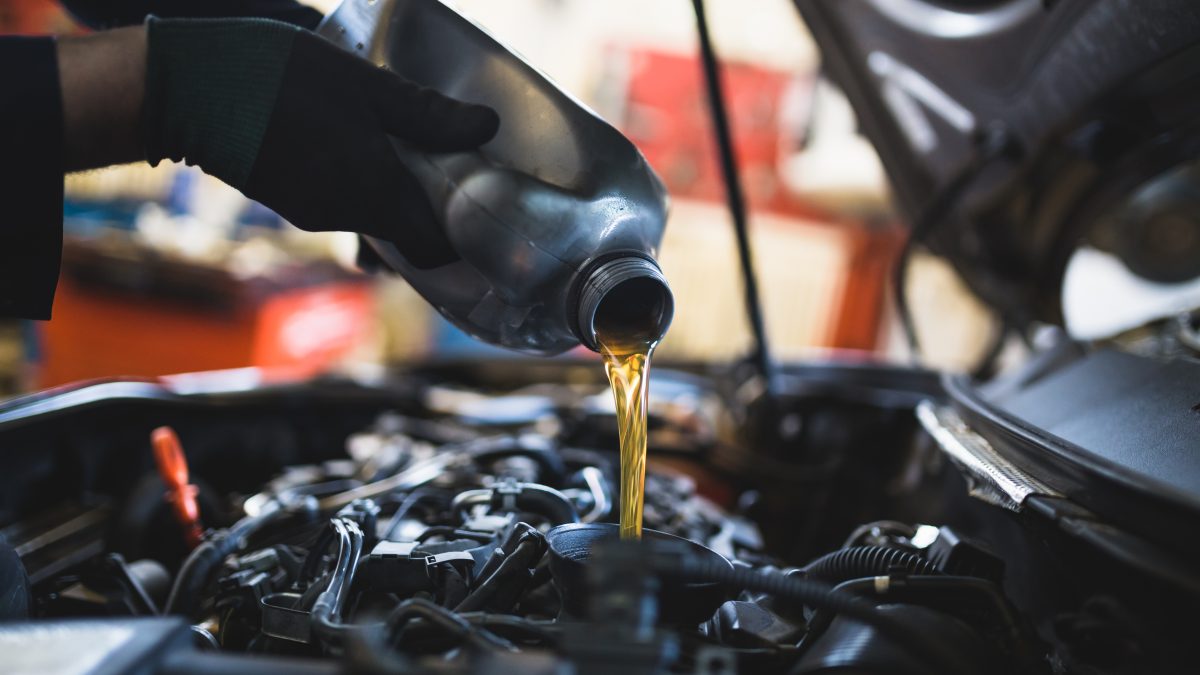
Furthermore, the myth that synthetic oil changes can follow the same intervals as conventional oil is incorrect. While synthetic oil generally lasts longer than conventional oil, VW’s recommended oil change intervals are carefully calculated based on engine design, operating conditions, and oil properties. Following these intervals with the correct oil specification is crucial for long-term engine health.
Regular oil changes with the correct synthetic oil help maintain optimal engine performance, reduce wear, and prolong the engine’s lifespan. It’s essential for VW owners to adhere to the recommended oil change intervals and use the specified oil to ensure their vehicles continue to perform reliably.
The myth that synthetic oil changes are optional can lead to significant engine wear and potential failure. By using the correct synthetic oil and following recommended oil change intervals, Volkswagen owners can maintain their engines’ health and performance.
4. All European Parts Are Interchangeable
A persistent myth in the Volkswagen community is that parts from different European manufacturers are readily interchangeable with VW components. This belief often leads owners to purchase less expensive alternative parts, assuming they’re getting the same quality and fit.
In reality, while some parts may physically fit, they might not meet VW’s specific engineering requirements or performance standards. Modern Volkswagens are complex machines with integrated systems that require precise calibration and compatibility. Using non-specific parts can affect everything from engine performance to safety systems.
This myth becomes particularly problematic with electronic components and sensors, where exact specifications are crucial for proper system operation. While there are quality aftermarket parts available, they must be specifically designed and tested for Volkswagen applications. The key is understanding that “fits” doesn’t necessarily mean “works correctly.”
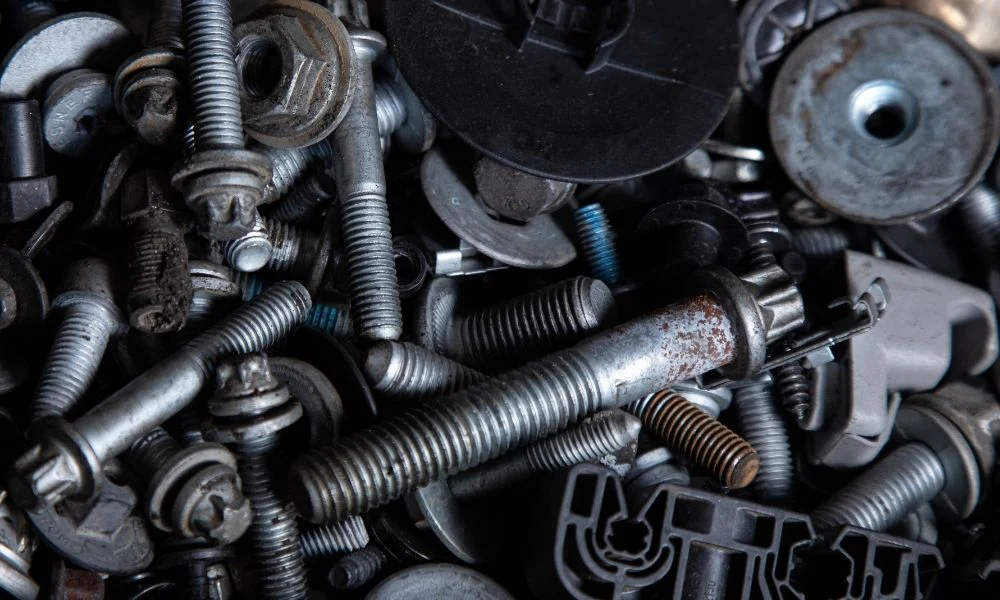
Using parts that do not meet VW’s specifications can lead to a range of issues, from suboptimal performance to potential safety hazards. It’s essential for VW owners to prioritize quality and compatibility when selecting replacement parts.
For the best results, owners should use OEM (original equipment manufacturer) parts or high-quality aftermarket parts specifically designed for Volkswagen vehicles. This approach ensures that the vehicle maintains its performance, safety, and reliability.
The myth that all European parts are interchangeable can lead to suboptimal performance and potential safety hazards. By using parts that meet VW’s specifications, Volkswagen owners can ensure their vehicles continue to operate correctly and safely.
5. Timing Belt Service Can Be Delayed
Many Volkswagen owners believe that timing belt replacement intervals are conservative and can be safely extended. This dangerous myth often stems from the high cost of timing belt service and the fact that the belt may appear to be in good condition visually.
The reality is that VW’s timing belt replacement intervals are carefully calculated based on extensive testing and real-world data. These belts are crucial components in interference engines, where belt failure can result in catastrophic engine damage. The material degradation that leads to belt failure isn’t always visible to the naked eye.
Additionally, the myth that mileage alone determines timing belt replacement needs is incorrect. Time is equally important, as rubber compounds degrade even when not in use. Modern VW engines may use timing chains instead of belts, but these still require attention to maintenance schedules and oil quality to prevent premature wear.
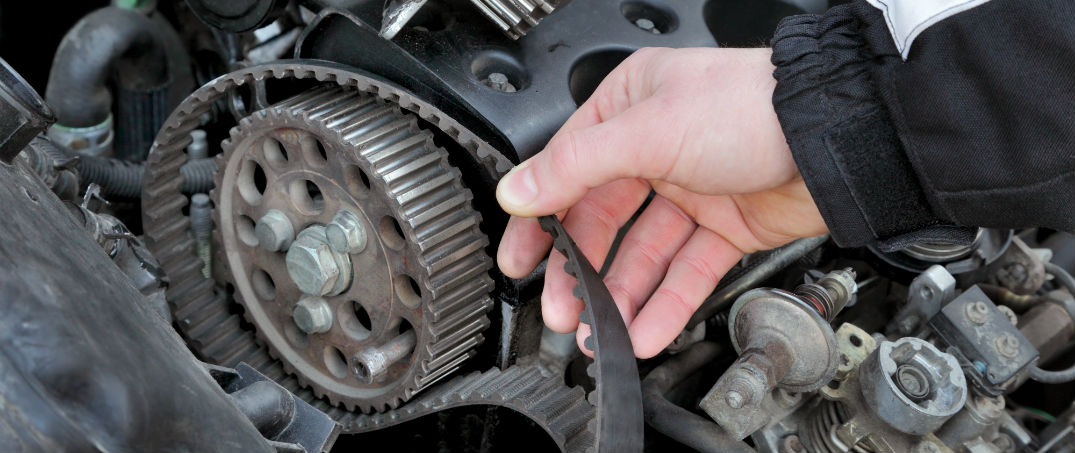
Adhering to the recommended timing belt replacement intervals is essential for preventing potential engine damage. This maintenance task should not be delayed, as the consequences of timing belt failure can be severe and costly.
For vehicles equipped with timing chains, regular inspections, and proper maintenance are still necessary to ensure optimal performance and longevity. Addressing any issues promptly can help prevent more significant problems down the road.
The myth that timing belt service can be delayed can lead to catastrophic engine damage. By adhering to the recommended replacement intervals and performing regular inspections, Volkswagen owners can ensure their engines remain in optimal condition.
6. DSG Transmission Fluid is ‘Lifetime’
A dangerous myth that persists among Volkswagen owners is that DSG (Direct-Shift Gearbox) transmission fluid is “lifetime” and never needs to be changed. This misconception has led to many premature transmission failures and expensive repairs.
The truth is that while VW’s DSG transmission fluid is highly engineered and durable, it does require regular service intervals, typically every 40,000 miles. The term “lifetime” used in some early documentation referred to the expected service life of the transmission assuming proper maintenance, not the fluid itself.
The DSG transmission’s complex mechatronic system relies on clean, fresh fluid for proper operation. As the fluid ages, its protective and hydraulic properties degrade, potentially leading to shifting issues and mechanical wear. The service procedure also includes replacing the transmission filter and checking the mechatronic unit, crucial steps for maintaining transmission health.
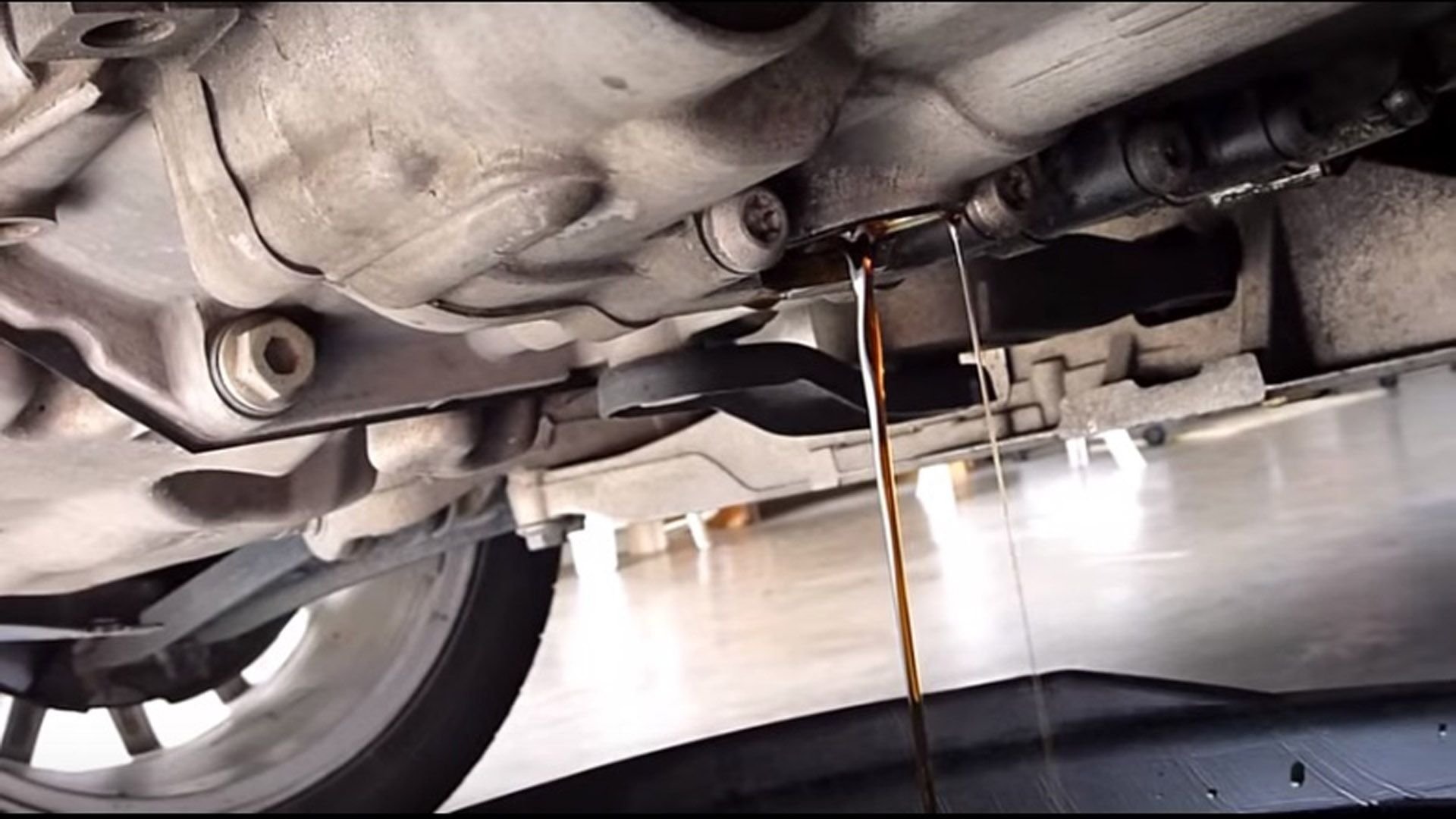
Regularly changing the DSG transmission fluid and filter according to the manufacturer’s recommendations ensures optimal transmission performance and longevity. This maintenance task should not be overlooked, as the consequences of neglected transmission fluid changes can be severe.
The myth that DSG transmission fluid is “lifetime” can lead to premature transmission failures and expensive repairs. By adhering to the recommended service intervals and performing regular fluid changes, Volkswagen owners can maintain their transmissions’ health and performance.
7. Aftermarket Diagnostic Tools Are Just as Good
Many VW owners believe that generic OBD-II scanners or basic aftermarket diagnostic tools are sufficient for diagnosing problems with their vehicles. This myth can lead to incomplete or incorrect diagnoses and unnecessary parts replacement.
The reality is that modern Volkswagens utilize sophisticated vehicle networks and control modules that require specialized diagnostic equipment to access fully. While generic scanners can read basic trouble codes, they often miss manufacturer specific codes and cannot access many vehicle systems or perform necessary coding and adaptations.

Professional VW-specific diagnostic tools like VCDS (VAG-COM) or factory scan tools can access all vehicle modules, perform coding functions, and provide real-time data that are crucial for accurate diagnosis. The investment in proper diagnostic equipment is essential for both professional shops and dedicated DIY owners.
Using the correct diagnostic tools ensures that issues are accurately identified and addressed promptly. This approach helps prevent unnecessary parts replacement and ensures that the vehicle continues to operate correctly.
The myth that aftermarket diagnostic tools are just as good can lead to incomplete or incorrect diagnoses. By using VW-specific diagnostic tools, Volkswagen owners can ensure accurate diagnoses and proper repairs, maintaining their vehicles’ performance and reliability.
8. Volkswagen Engines Don’t Last Long
Another prevalent myth is that Volkswagen engines don’t last long and are prone to early failure. This misconception can discourage potential buyers and cause concern among current owners. In reality, Volkswagen engines are known for their durability and longevity when properly maintained.
The key to ensuring a long-lasting engine is adhering to regular maintenance schedules and using high-quality parts and fluids. Regular oil changes, timely replacement of worn items like timing belts and spark plugs, and keeping up with scheduled inspections are all essential for engine health.
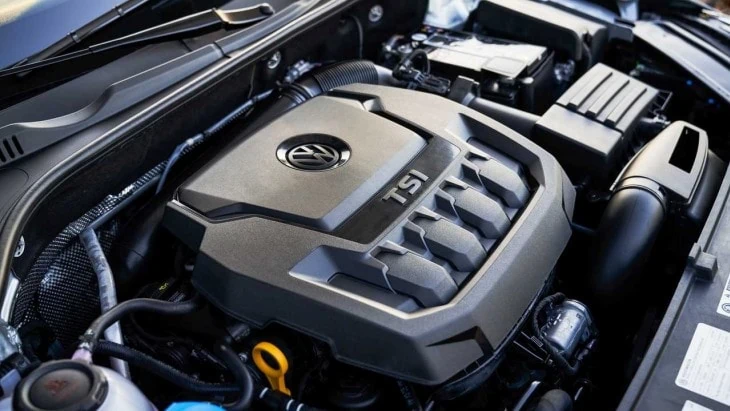
Neglecting maintenance or using substandard parts can lead to accelerated wear and potential engine issues. It’s also important for owners to address any warning signs promptly, such as unusual noises, smoke, or performance changes, to prevent minor problems from escalating into major repairs.
Modern Volkswagen engines are built with advanced materials and engineering techniques that enhance their reliability and longevity. With proper care and maintenance, it’s not uncommon for Volkswagen engines to exceed 200,000 miles.
The myth that Volkswagen engines don’t last long is largely unfounded. By following regular maintenance schedules and using high-quality parts, Volkswagen owners can ensure their engines remain reliable and durable for many years.
9. Cold Starts Don’t Require Special Care
Many Volkswagen owners believe that modern engines don’t require any special consideration during cold starts, especially in mild climates. This myth can lead to accelerated engine wear and reduced performance.
The reality is that cold starts put significant stress on engine components, as oil temperature and viscosity directly affect its ability to protect moving parts. Modern VW engines, particularly turbocharged ones, benefit from allowing proper warm-up before aggressive driving. This doesn’t mean extended idling, but rather moderate driving until operating temperature is reached.
Additionally, the myth that winter and summer have the same cold-start requirements is incorrect. Cold weather starting requires additional consideration for proper engine protection, including using the correct oil viscosity and allowing adequate warm-up time.
Taking care during cold starts helps reduce wear on engine components and ensures optimal performance. It’s important for owners to be mindful of their driving habits, especially during colder months, to prolong the life of their engines.
The myth that cold starts don’t require special care can lead to accelerated engine wear. By allowing proper warm-up and using the correct oil viscosity, Volkswagen owners can protect their engines and maintain optimal performance.
10. Maintenance Schedules Are Too Conservative
A persistent myth among Volkswagen owners is that the manufacturer’s maintenance schedules are overly conservative and designed primarily to generate service revenue. This belief often leads to delayed or skipped maintenance intervals.
The truth is that Volkswagen’s maintenance schedules are carefully designed based on extensive testing and real-world data to ensure the longevity and reliability of their vehicles. These schedules take into account various factors, including engine design, operating conditions, and wear patterns, to provide optimal maintenance intervals.
Ignoring or extending maintenance intervals can lead to increased wear, reduced performance, and potential mechanical failures. Following the recommended schedules helps prevent problems and ensures that the vehicle continues to operate efficiently and reliably.
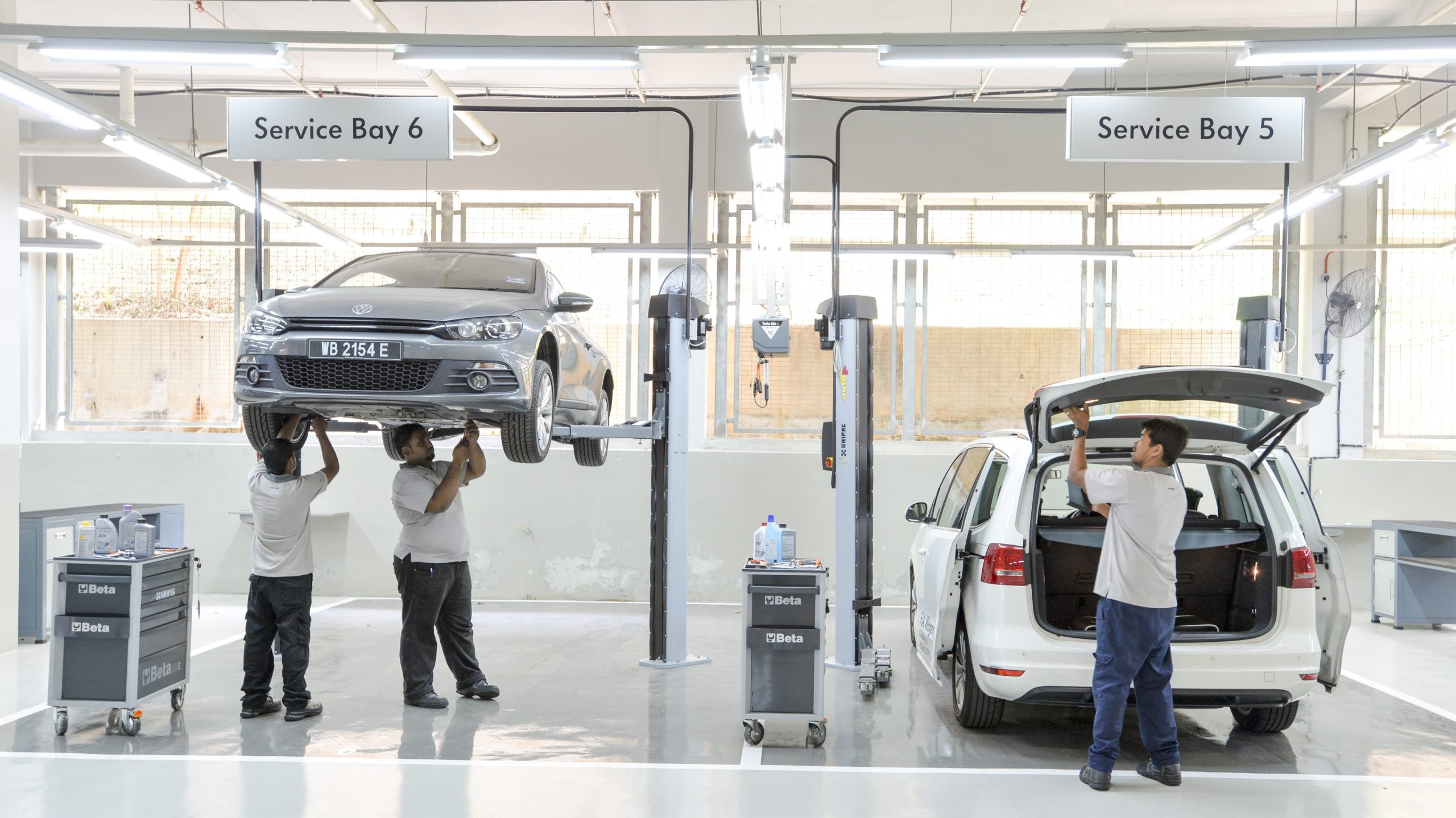
It’s essential for Volkswagen owners to adhere to the maintenance schedules provided in the owner’s manual. Regular maintenance tasks, such as oil changes, fluid replacements, and inspections, are crucial for keeping the vehicle in top condition.
The myth that maintenance schedules are too conservative can lead to neglected maintenance and potential issues. By following the recommended schedules, Volkswagen owners can ensure their vehicles remain reliable and perform well for many years.

